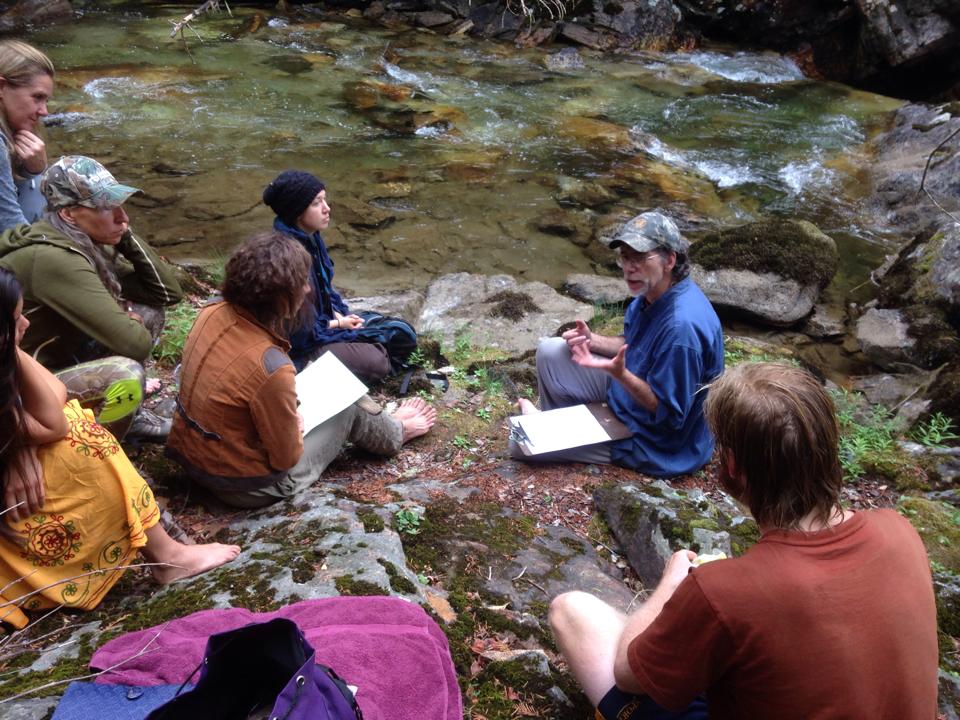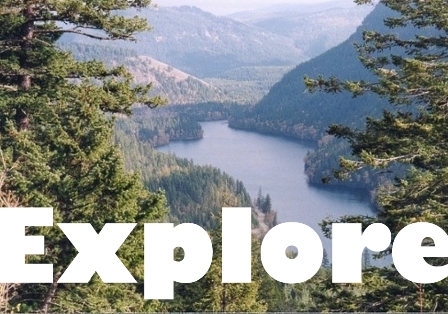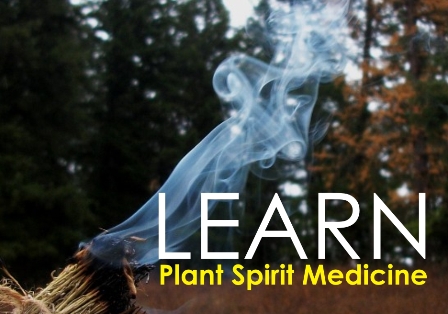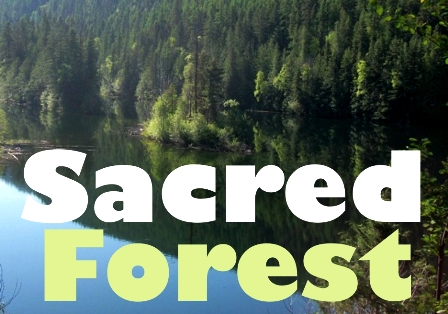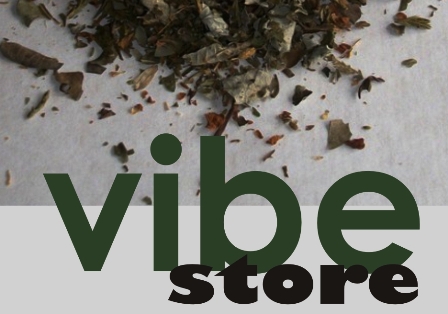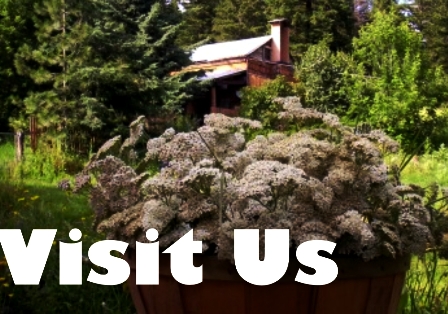contact the forest
250.547.2001
• I will study and seek to understand wild places and plant spirit medicines, craft and food that considers biodiversity and shadow biodiversity. I promise to re-wild food, medicines, community and the human experience including key aspects of political, economic and social structures.
I will study and seek to understand wild places and plant spirit medicines, craft and food that considers biodiversity and shadow biodiversity. I promise to re-wild food, medicines, community and the human experience including key aspects of political, economic and social structures.
You may also register by Interac or
Wells Fargo Transfer. Send us an email and we will send you instructions.
- If you have questions please email us or call 250.547.2001
You may register using this secure Paypal link:
ethics
details
Rewild
Online
“Rewild” is the distance-learning program offered by the Wildcraft Forest School. We offer online courses, seminars and outdoor challenges and restoration programs which provide an inspirational and creative environment for students ranging from children to adults and from beginners to professionals.
Mystery School
With the Earth being placed at risk it has become necessary to find, educate and initiate new keepers of ancient wisdom. In every Wildcraft Forest School course new keepers have emerged and in order to further support this effort we have made public our Mystery School that will share the “lesser mysteries” in this realm we call "wild mysticism".
start
dates
Bioregional Specialist Certification
Distance Learning
Course lessons are delivered within two weeks of enrolling in this program.
Bioregional Specialist
distance learning
This online certification program defines practical working models of bioregionalism so that they can be applied within both a local and global context. Bioregionalism considers that political, cultural, and ecological systems are linked to naturally defined areas called bioregions, similar to ecoregions. Bioregions are defined through physical and environmental features, including watershed boundaries and soil and terrain characteristics.
This certification series is ideal for community and business planners, environmental specialists, educators, activists and those involved with cultural and community economic development. The program also provides useful tools for encouraging regenerative leadership. This online course contains a dynamic analysis of the micro-trends, which are changing the world closest to us as well as the cellular world of living systems, work and community. Participants will learn to connect with the living forest so that they can understand natural whole systems so that they can design a better life, connected to regenerative planning and actions.
As a Bioregional Specialist you will take a leading role in helping to develop new “value chains” that will support local cultures while supporting the regeneration of natural systems in local watersheds. This online lesson series is divided into five presentation circles:
- Present and Future Trends: Bioregionalism and the Non-State World
- Regenerative Systems
- The Future of Water, Food and Medicine
- An Off-the-Grid Future
- The Future of Action and Leadership
This online lesson series ends with a toolkit that describes the work and mission of a Bioregional Specialist, which includes an outline for a business or community practice.
registration
Bioregional Specialist Certification
Distance Learning Series Cost: $520
rewild
distance learning
distance learning
index
camp
programs
Bioregional Specialist Certification
As a Bioregional Specialist you will be consulting with individuals, NGO’s, businesses, communities and governments in order to help them deliver tangible long-term actions that supports the regenerative stewardship of local watersheds.
As a specialist you will be introducing regenerative efforts that link economics and community development so that they work within natural systems linked to local watersheds and ecosystems. As a Bioregional Specialist you will be explaining that bioregionalism picks up where environmentalism leaves off, challenging everyone to emphasize not just sustainability but regenerative systems, that will define “community” to include all living species.
The First Circle: Present and Future Trends - Bioregionalism and the Non-State World
This first section introduces bioregionalism as a specialized skill and as a means of design that includes an understanding of incentive systems and Buddhist Economics. This first section includes an analysis of present and future trends that will engage participants in how the world is changing, and how to prepare for the “long view”. This section links participants with tangible tools and confidence that will help them to succeed in making a bioregional shift; and also shares examples of seeding new healthy relationships and working partnerships, it also explains the importance of propagating a new narrative for “community” within a regenerative story.
Second Circle: Regenerative Systems
Biosemiotics combines semiotics and biology in order to study the production and interpretation of signs and codes in nature and the biological realm. Biosemiotics attempts to integrate the findings of biology and semiotics and proposes a paradigmatic shift in the scientific view of life, demonstrating that semiosis (sign process, including meaning and interpretation) is one of the immanent and intrinsic features of a living and sentient Earth. In this section we will explore how biological signs impact and link to social, political and cultural signs. We will learn to link “living” systems with cultural and community plans so that human systems become closer to the Earth. This section explores mapping and educational methods for demonstrating regenerative methods that will engage individuals and communities with stewarding local watersheds while nurturing “natural leadership” through co-mentoring.
The Third Circle: The Future of Water, Food and Medicine
This section examines closely the relationships between watersheds and the local economy. Methods are explored which elevate public awareness regarding the importance of the local watershed and how everything is connected. The market accessibility for certain foods, medicines and even décor and other cultural themes will be shifting because of growing populations worldwide. “Local” food production will become a primary business throughout the world. It becomes important to understand “value chains” and how to develop them. We will be exploring the opportunities that exist as the food retail and wholesale sectors shift as food becomes more localized. Consumers are recognizing that the industrialization of medicine is creating significant problems. There are growing trends towards less processing and more “whole” nature-based medicines. We will be exploring the opportunities that exist as new trends in health and medicines emerge. This section will be exploring ways by which you can begin to export products and services to meet new Greener market demands. Learn how communities and even neighborhoods can make cross-border trade agreements that can nurture cultural exchanges.
The Fourth Circle: An Off-the-Grid Future
As energy and communication become democratized there will opportunities for creating new locally owned power and communication grids. We will be exploring ways that you can take your home, neighbourhood and community off-grid. Public lands or “The Commons” is becoming stressed as major corporations seek to make tenure agreements with government. We will be exploring what “tenure” and other similar permissions are as well as how to obtain land, create a home and become independent and interdependent with the local environment for the long term.
The Fifth Circle: The Future of Action and Leadership
The social, political and economic landscapes by which corporations and non-governmental organizations operate within are quickly changing – this then reflects on the future role of activism. We will be exploring the local and global trends that will be impacting NGO’s and ethical businesses and the opportunities that are emerging for doing good work linked to bioregional activism. The world is going through significant changes and strong local leadership and stewardship defined by consensus building will be key for communities to survive. We will be exploring elements of leadership with community project templates as well as the future role of that activism, good work and even new boycotting frameworks.
Wildcraft Forest School - Online Programs
